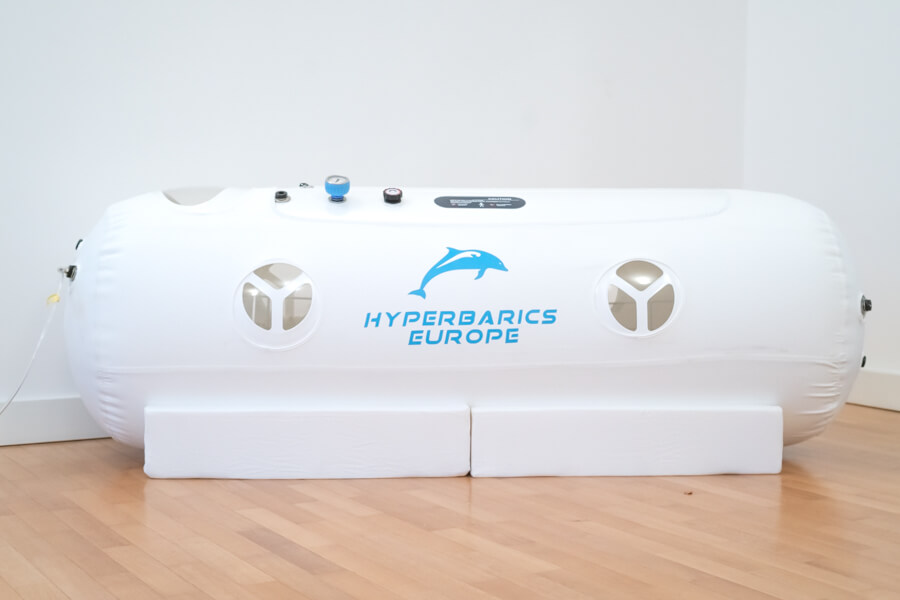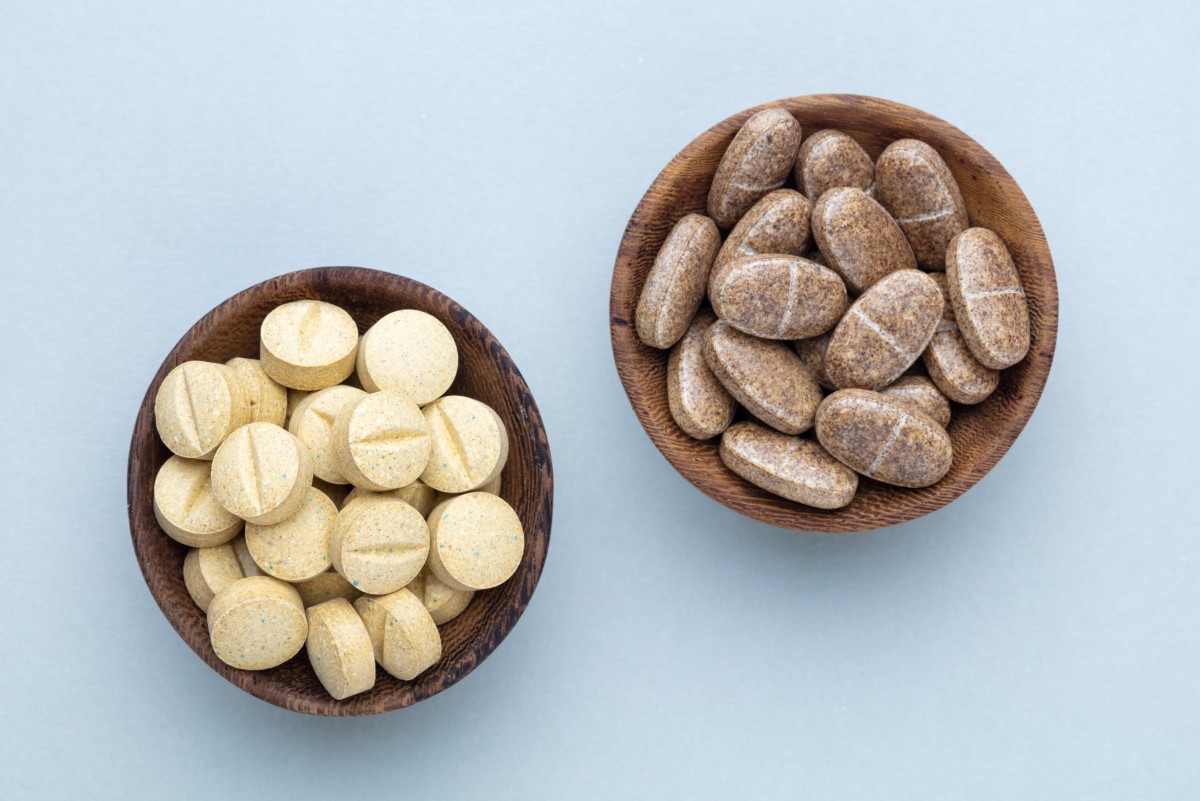Erectile dysfunction (ED) is a common issue that affects millions of men worldwide. While it may feel like a deeply personal and isolating condition, it’s important to recognize that ED is not only treatable, but it can often be managed successfully with the right approach. Whether it’s caused by physical factors like poor blood flow or psychological factors like stress, there are a wide variety of safe and effective relief options available. In this article, we’ll explore some of these solutions, highlighting their benefits, potential risks, and how men can take control of their sexual health and well-being.
Understanding Erectile Dysfunction
Before delving into treatment options, it’s important to understand what erectile dysfunction is and what causes it. ED occurs when a man is unable to achieve or maintain an erection sufficient for sexual intercourse. This can happen occasionally, but when it becomes a persistent issue, it may signal underlying health problems.
There are two main categories of causes for ED: physical and psychological. Physical causes are often related to underlying conditions like diabetes, heart disease, obesity, or high blood pressure, all of which can impair blood flow to the penis. Psychological factors, such as stress, anxiety, depression, or relationship problems, can also contribute to ED. In some cases, a combination of both physical and psychological factors is involved.
Safe and Effective Relief Options for Erectile Dysfunction
Fortunately, ED is not a condition men need to live with in silence or frustration. Many treatment options are available, ranging from lifestyle changes to medications and advanced therapies. Here are some safe and effective relief options:
1. Lifestyle Modifications
Making positive changes to one’s lifestyle is often the first step in addressing erectile dysfunction. Certain habits and conditions can exacerbate ED, but improving overall health can significantly improve sexual function.
Diet and Nutrition:
A balanced diet that supports cardiovascular health can improve blood flow, which is essential for maintaining an erection. Foods rich in antioxidants, such as berries, and those that contain healthy fats, such as olive oil and avocados, may help. Reducing processed foods and unhealthy fats can prevent conditions like high cholesterol and heart disease, which are linked to ED.
Exercise:
Regular physical activity, especially aerobic exercises like walking, swimming, or cycling, enhances blood circulation, which is crucial for erectile function. Exercise also helps with weight management, reducing the risk of obesity, which is a contributing factor to ED.
Weight Loss:
Carrying excess weight, particularly abdominal fat, can increase the likelihood of developing ED. Losing weight not only improves general health but can also enhance testosterone levels, which play a key role in sexual function.
Stress Management:
Psychological stress is one of the most common causes of ED. Practicing stress-reduction techniques such as mindfulness meditation, yoga, or deep-breathing exercises can help manage anxiety, leading to improved sexual health.
2. Oral Medications
For many men, oral medications are an effective treatment for ED. These medications work by increasing blood flow to the penis, making it easier to achieve and sustain an erection.
Phosphodiesterase Type 5 Inhibitors (PDE5 inhibitors):
The most commonly prescribed ED medications are PDE5 inhibitors. These include Viagra (sildenafil), Cialis (tadalafil), and Levitra (vardenafil). These drugs increase blood flow by inhibiting the enzyme phosphodiesterase type 5, which can limit the blood flow to the penis.
Viagra is often the first option, as it is effective for most men and typically works within 30 to 60 minutes.
Cialis lasts longer, sometimes up to 36 hours, which can be an advantage for men who prefer spontaneity.
Levitra is another option that may work better for certain men, depending on their unique response.
While these medications are effective, they are not suitable for everyone. Men who have heart conditions or take nitrates for chest pain should avoid PDE5 inhibitors, as the combination can cause a dangerous drop in blood pressure. Always consult a doctor before using these medications.
3. Penile Injections and Suppositories
For men who do not respond to oral medications, penile injections or suppositories may be recommended. These treatments involve directly delivering medication to the penis to help induce an erection.
Penile Injections:
Alprostadil is the most common medication used for injection. It works by relaxing the blood vessels in the penis, allowing more blood to flow in. Injections are typically effective and produce an erection within 5 to 15 minutes, lasting for up to an hour.
Penile Suppositories:
Alprostadil is also available in the form of a suppository that is inserted into the urethra. This method delivers the drug directly to the site of action and can also be effective for inducing an erection.
While effective, these treatments can have side effects, such as pain or irritation at the injection site or in the urethra. It is crucial to receive proper training from a healthcare provider before using these methods.
4. Vacuum Erection Devices (VEDs)
A vacuum erection device, or penis pump, is a mechanical solution for ED. This device consists of a cylinder placed over the penis, with a pump used to create a vacuum that draws blood into the penis, resulting in an erection.
Once the erection is achieved, a constriction band is placed around the base of the penis to maintain the erection during intercourse. This method is non-invasive, easy to use, and has no systemic side effects. However, it can be cumbersome, and some men may find the device uncomfortable.
5. Testosterone Therapy
For men with low testosterone levels, testosterone replacement therapy (TRT) may help improve erectile function. Low testosterone is a known cause of ED, and TRT can restore hormone levels to normal, potentially improving libido and erectile function.
Testosterone can be administered via injections, patches, gels, or pellets. However, TRT is not suitable for all men, particularly those with prostate cancer or other contraindications. It’s essential to have a thorough medical evaluation before starting testosterone therapy.
6. Psychological Counseling
When psychological factors like anxiety, depression, or relationship issues contribute to ED, counseling or therapy may be helpful. Cognitive-behavioral therapy (CBT) is a common approach used to address negative thought patterns and behaviors that may be impacting sexual performance.
Couples therapy can also be beneficial for addressing relationship dynamics and improving communication between partners. Speaking with a licensed therapist or counselor can help relieve the mental and emotional burdens of ED, improving both sexual function and overall quality of life.
7. Surgical Interventions
In more severe cases of ED, surgery may be recommended. The two primary surgical options are:
Penile Implants:
These are devices surgically placed inside the penis to allow for a natural-looking erection. Penile implants can be inflatable or semi-rigid, and they offer a long-term solution for men with chronic ED.
Vascular Surgery:
For men whose ED is caused by blocked or narrowed blood vessels, vascular surgery may be considered to improve blood flow to the penis.
Surgical interventions are typically reserved for cases where other treatments have failed and should only be considered after discussing potential risks with a healthcare provider.
Conclusion
Erectile dysfunction is a treatable condition with a variety of safe and effective relief options. Whether through lifestyle changes, medications, therapies, or surgical procedures, men with ED have many avenues to explore for relief. The most important step is to consult with a healthcare provider to determine the underlying cause of the condition and find a treatment that works best for the individual.
By taking proactive steps to manage ED, men can improve not only their sexual health but also their overall well-being, leading to a more fulfilling life and a healthier relationship with themselves and their partners.




